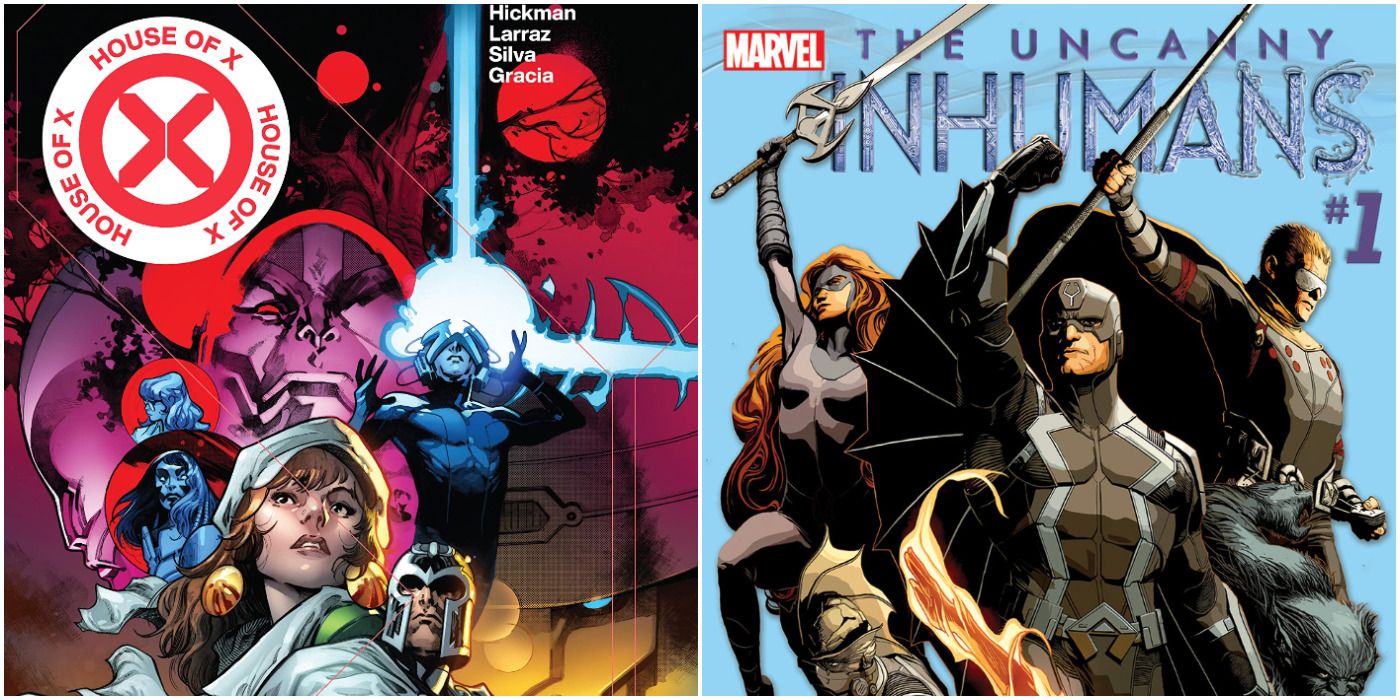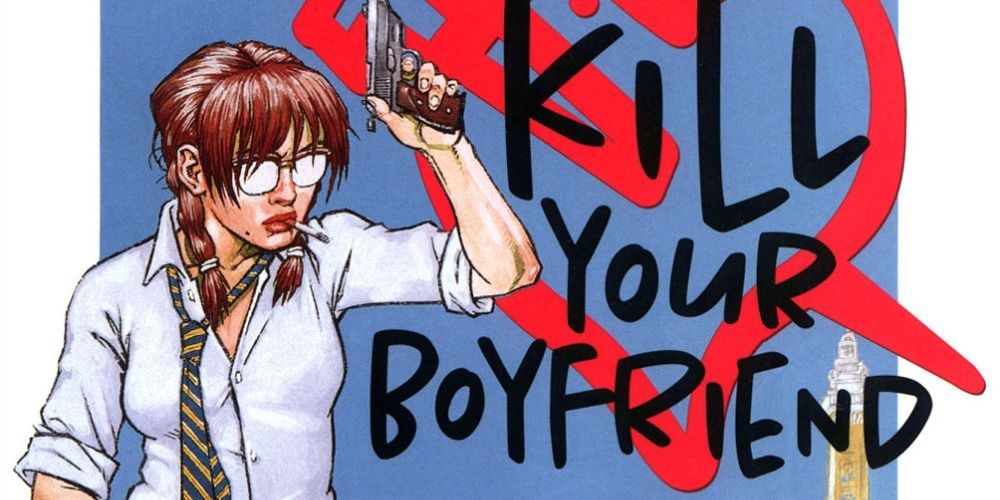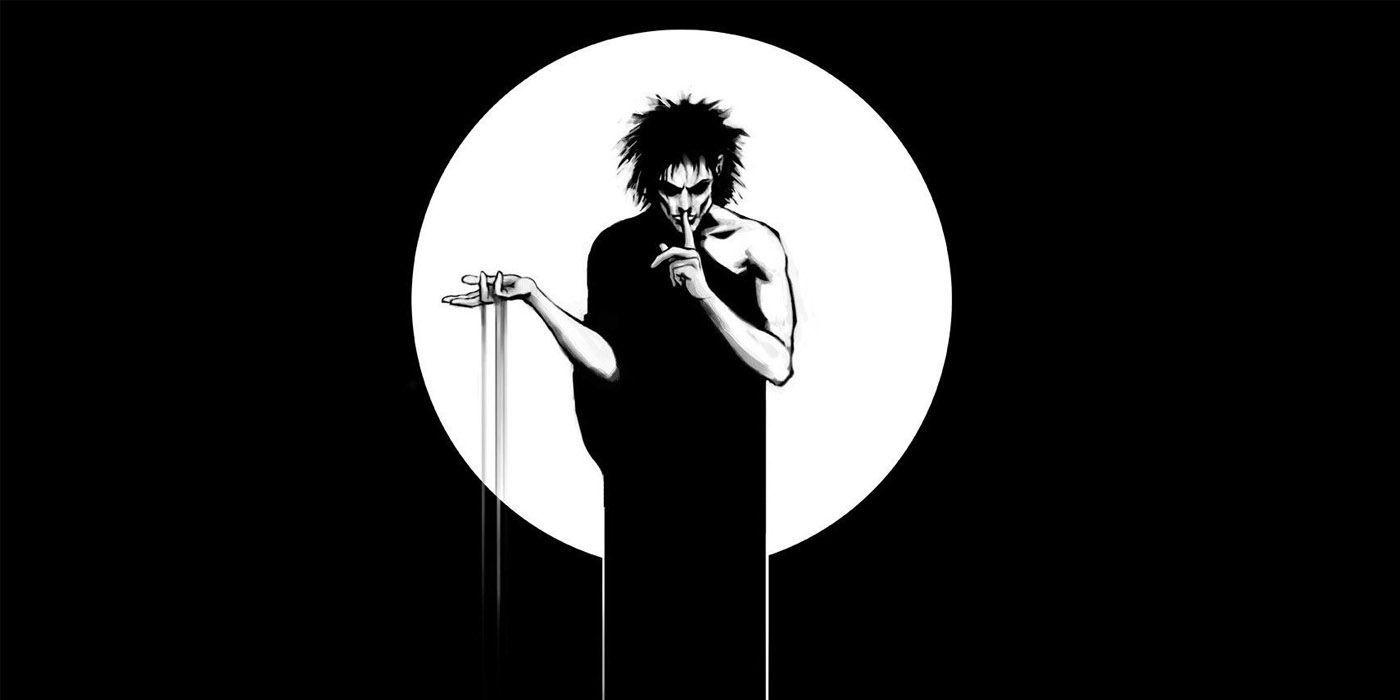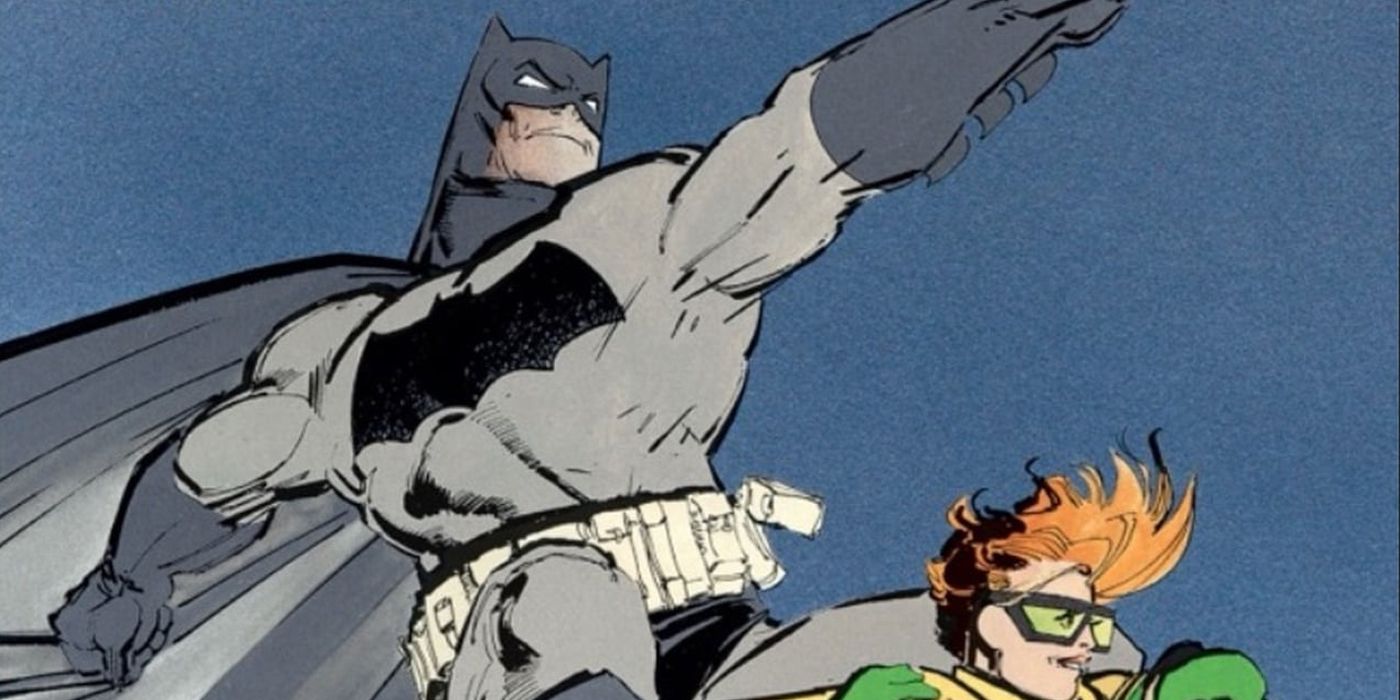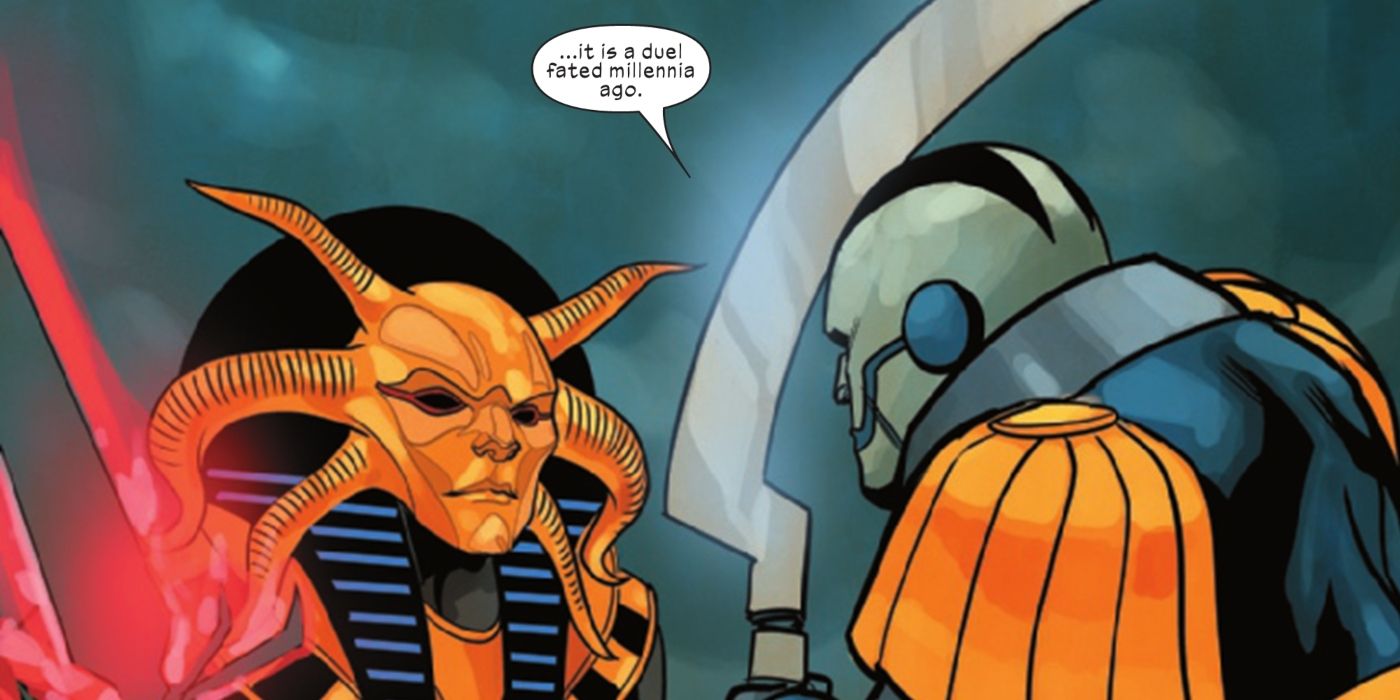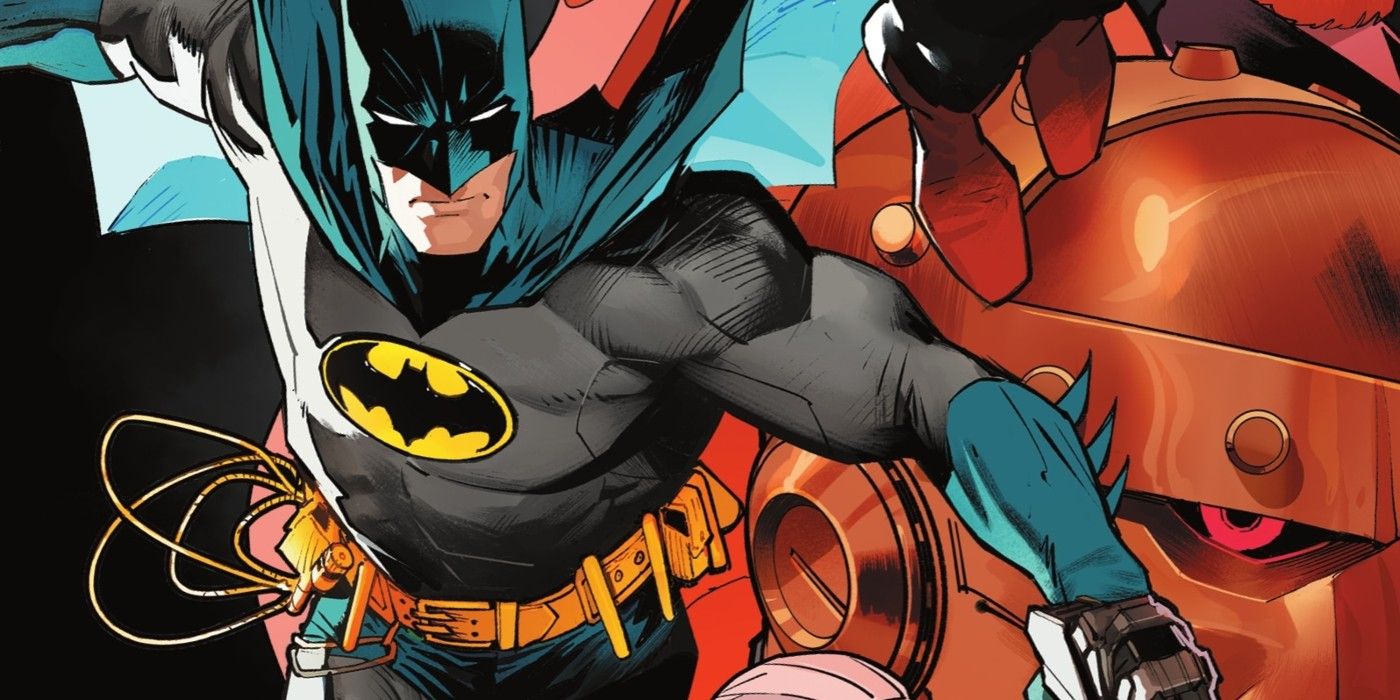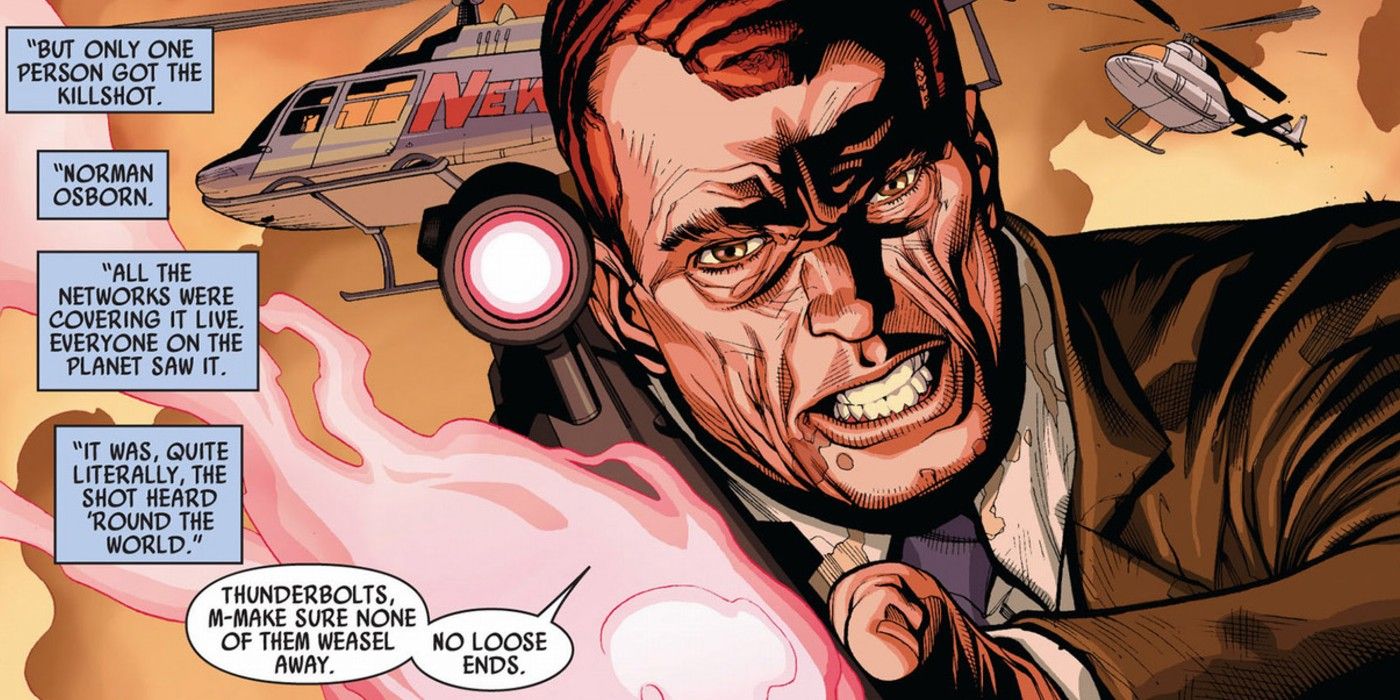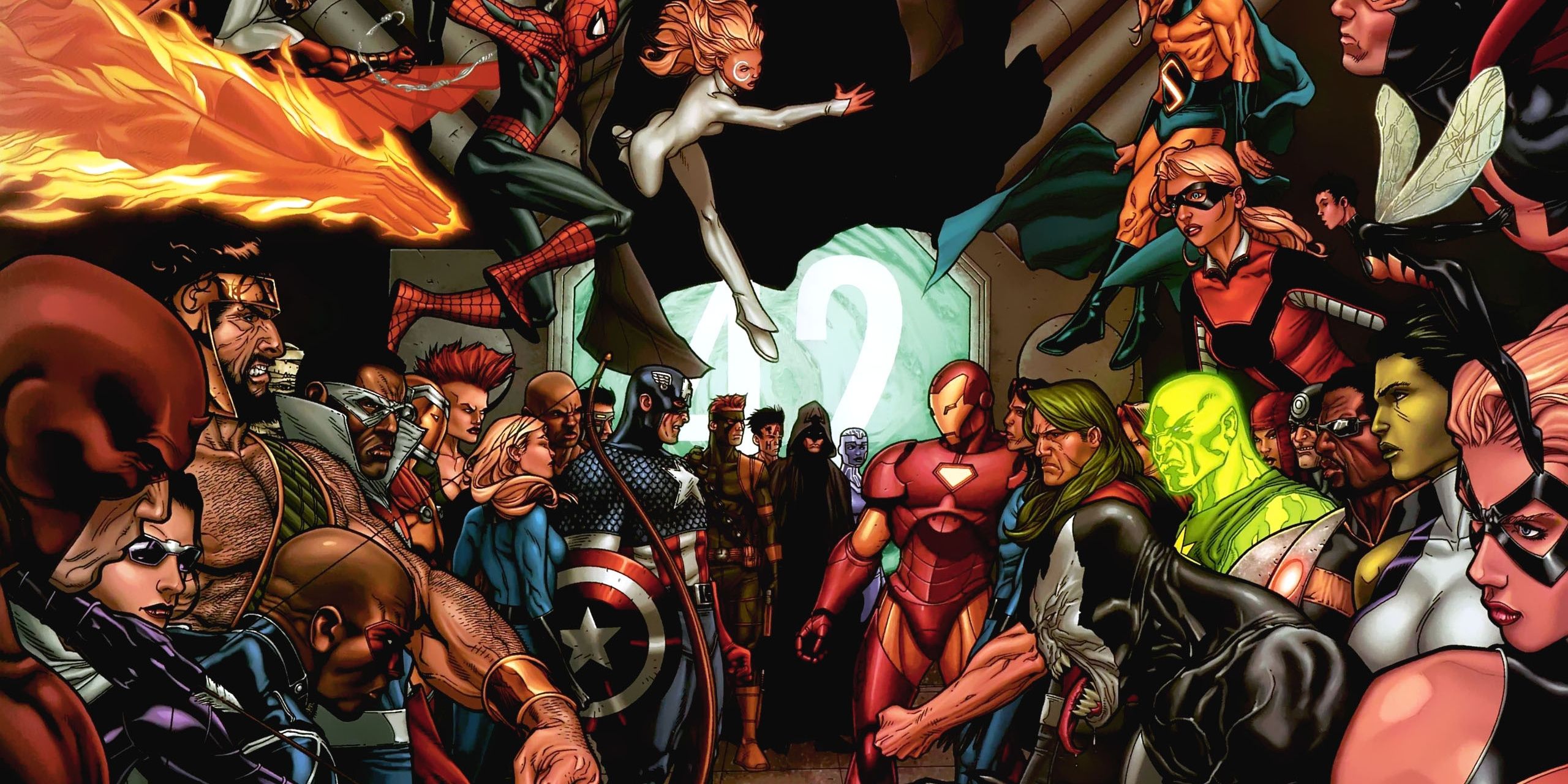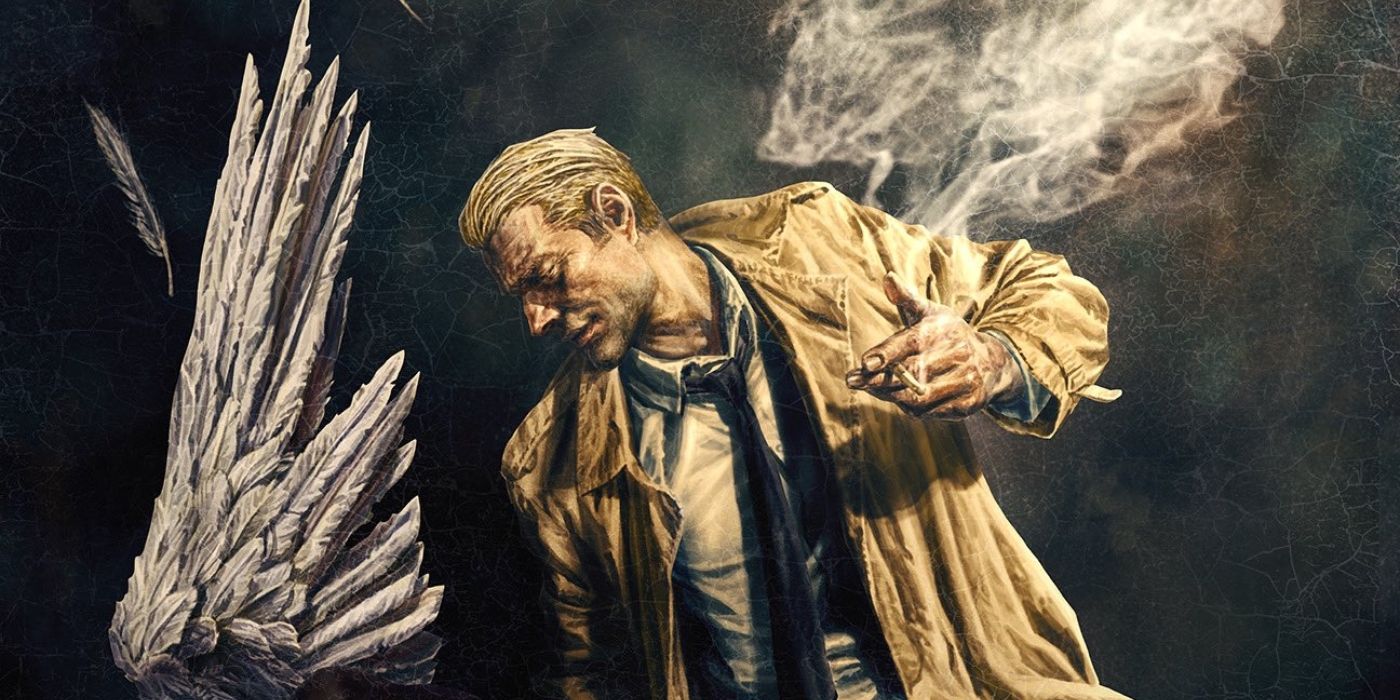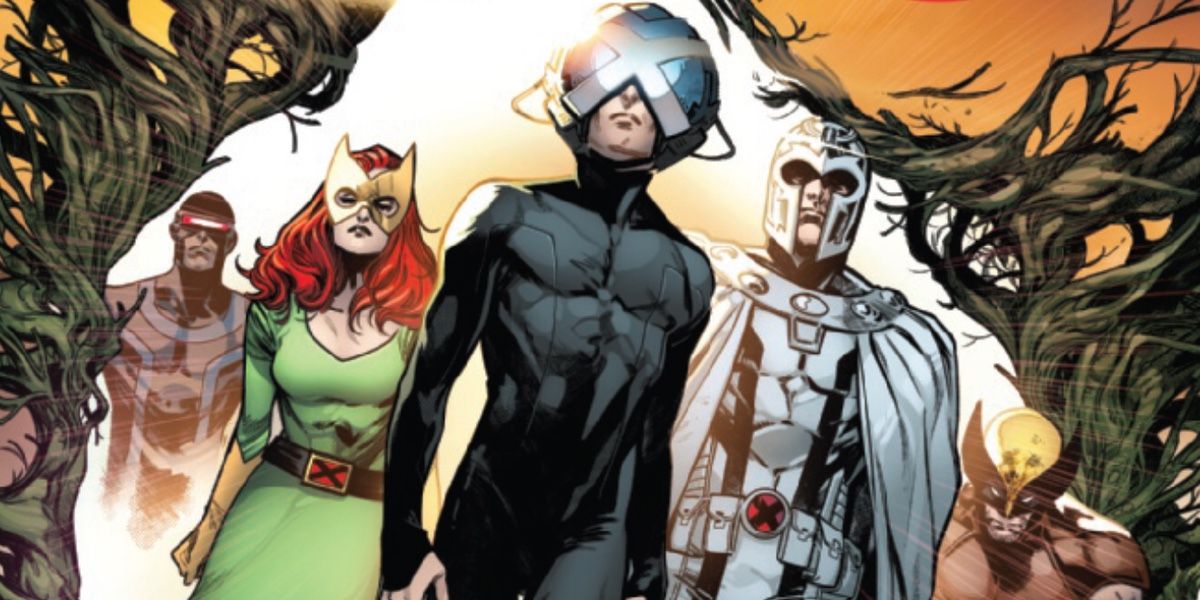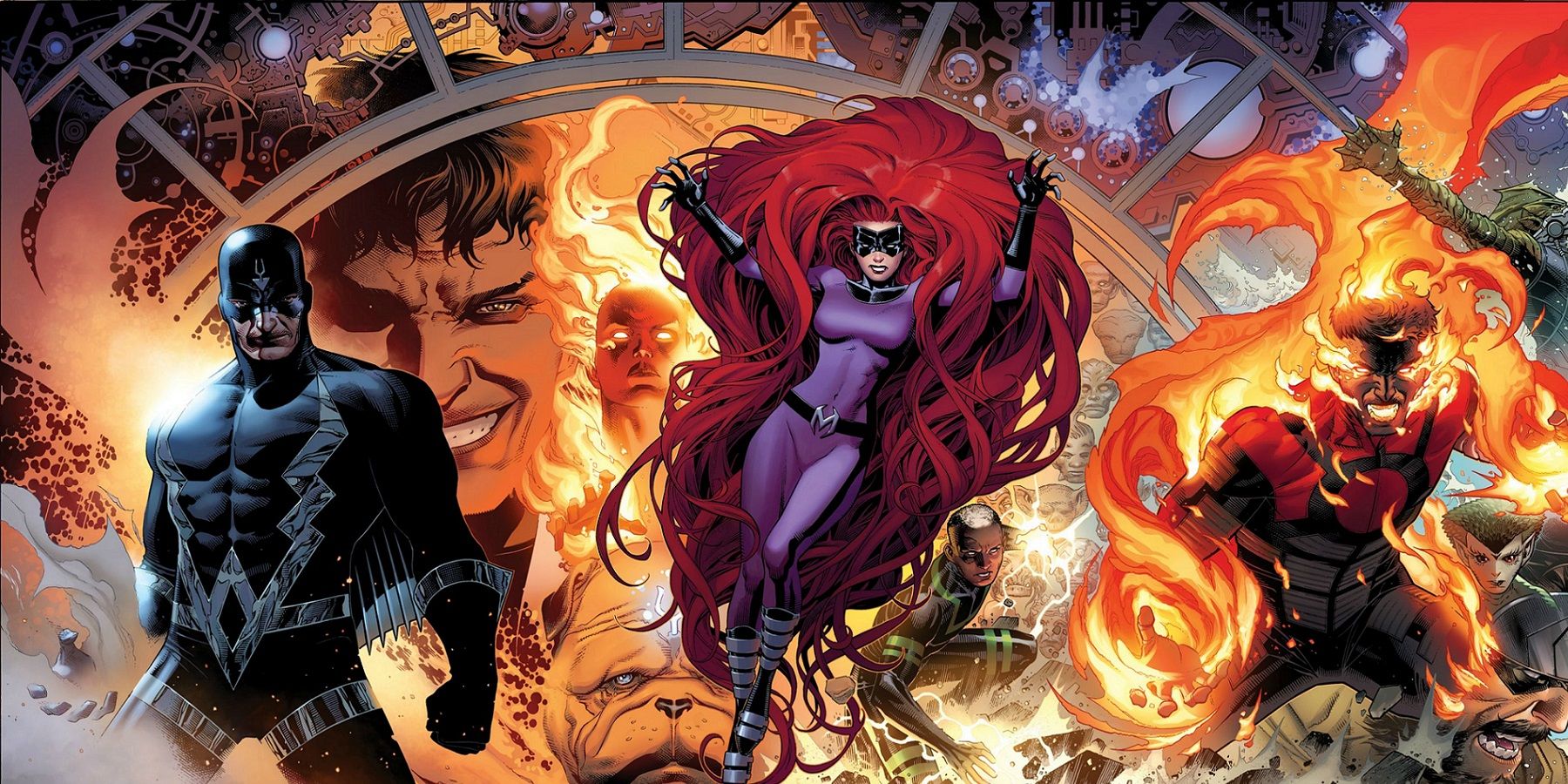Superhero comics are all about the battle between good and evil. As much as some fans like to pretend otherwise, politics have been a part of Marvel and DC Comics since their beginning and have taught fans valuable lessons over the years. As comics have matured, the messages have gotten more complex, but most comics still try to teach good lessons.
However, not all of them do this. In fact, there are a lot of comics out there with rather terrible messages. Some of those messages are quite explicit and others less so, but they're definitely not comics that one should base their lives off of.
10 Kill Your Boyfriend's Message Is Tongue In Cheek But Still Pretty Bad
Writer Grant Morrison and artist Philip Bond's Kill Your Boyfriend is a forgotten '90s classic. It's a story told in flashback by a mother about her wild youth. As a teen, she met up with a stereotypical bad boy and the two went on a rampage through mid-90s' Great Britain, hooking up with an anarchist commune, and committing an act of domestic terrorism.
The whole thing is played for laughs and is more about yearning for freedom than anything else, but the story ends with her talking about how much she hates her current life and contemplating poisoning her family. All of that is bad, but the real terrible message is the overwrought yearning for the past, something that is rather unhealthy. Life moves forward and dwelling on the past is damaging.
9 Morpheus' Inability To Change Leads To His Suicide In The Sandman
The Sandman is considered one of the greatest comics ever created. Written by Neil Gaiman with art by Sam Keith, Mike Dringenberg, Michael Zulli, P. Craig Russell, Kelley Jones, Jill Thompson, Colleen Doran, Marc Hempel, and many more, it brought literature to comics and helped pave the way for Vertigo. It's a classic, but it also has a terrible message.
Morpheus, His Darkness Dream of the Endless, is obsessed with rules and doing things the "right" way, and a big part of the comic is him dealing with his inability to change and planning for his eventual death. He ends up killing himself because he won't break his own rules, which isn't the best message in the world, although it definitely works for a tragic story like this.
8 The Dark Knight Returns Glorifies Fascism
Writer/artist Frank Miller's The Dark Knight Returns helped change modern comics in many ways, injecting maturity into superhero comics and bringing a more serious tone back to Batman. Miller took a page from the O'Neil/Adams and Englehart/Rogers runs on Batman, pulling the character away from the campy tone that had pervaded him for years. He also glorified the Dark Knight's fascist aspects.
Miller found Batman's fascist strains that were always there and brought them to the fore. It's played benevolently because he's the hero, but it's rather disturbing that Batman's fascism is played as a good thing.
7 X Of Swords Gave Apocalypse A Sympathetic Origin That He Definitely Shouldn't Have
Apocalypse is one of the X-Men's most dangerous villains. At the beginning of the Krakoa era, he embraced the island's promise and became one of its most prominent citizens. This was bad enough but X Of Swords, the twenty-two part crossover through the X-Men line, made it all the worse. The story gave Apocalypse a sympathetic origin and made his survival of the fittest beliefs altruistic.
Apocalypse is a genocidal mass murderer whose entire belief is based on eugenics. The portions of X Of Swords that dealt with trying to make his origin altruistic were as tone-deaf as possible. Making Magneto sympathetic is one thing; Apocalypse is a road too far.
6 Batman Comics Are All About Not Dealing With One's Trauma In A Healthy Way
Batman has been in some of the greatest superhero comics of all time. He's one of the most popular comic characters ever and his origin is one of the most well-known among fictional characters. However, taking a really close look at Batman and his stories shows that his entire tenure in comics is about a man who doesn't understand how to deal with his trauma.
The Tom King-written Batman puts this on stark display, but it was always there. Bruce Wayne sacrifices his entire life because he never learned how to process his trauma, instead using violence and a quest he can never succeed at to deal with it instead of going to therapy.
5 Secret Invasion Teaches That All Can Be Forgiven If Someone Does One Good Thing
Secret Invasion, by writer Brian Michael Bendis and artist Leinil Yu, is one of Marvel's most influential modern stories. It recast the Marvel Universe for several years after, as it ended with Norman Osborn killing the Skrull queen Veranke and being given control of the superhero national security apparatus. His years of crimes were all forgiven because he committed one good deed.
This does often happen in the real world, as the worst people are often rewarded for doing one good thing in their life, but that doesn't make it right. Osborn killed countless innocent people and committed terrible crimes yet because he killed the right person once, he gets rewarded.
4 Civil War Rewards Fascism
Civil War, by writer Mark Millar and artist Steve McNiven, has always been a very controversial story. However, it's undoubtedly one of the most important Marvel comics of the 2000s, changing the dynamic of the Marvel Universe for years to come. In the story, Iron Man and his side did terrible things, teaming with villains, creating a secret prison, and basically being fascists. Instead of being punished, they won and were rewarded.
While the book was meant to parallel the fascist-leaning of the US government of the time, any time a comic rewards fascists in such an overt manner is a bad look.
3 Hellblazer Was All About John Constantine Winning By Being Terrible
Hellblazer is one of the most popular DC/Vertigo horror books of all time, focusing on the adventures of British magician John Constantine. The book hasn't always aged well and one of the worst parts is Constantine himself. He's a lovable rogue character, one who will do anything to defeat the forces of darkness, no matter who gets hurt around him.
While Constantine sometimes pays the price for his bad acts, he mostly gets away with it, even beating lung cancer because of his machinations. Constantine was the epitome of an anti-hero and his exploits teach a bad lesson.
2 House Of X/Powers Of X Has Mutants Segregate Themselves From The World
House Of X/Powers Of X, by writer Jonathan Hickman and artists Pepe Larraz and R.B. Silva, was a huge game-changer for the X-Men books. The story was all about the establishment of the mutant nation of Krakoa, a state where only mutants could live, the race voluntarily segregating themselves from the rest of the world and limiting who could enter the country.
While it's hard to argue with their reasoning, and they created pharmaceuticals that were beneficial to the world, the fact that they chose to segregate themselves and deny others access to their land based on race is a terrible message.
1 The Inhuman Books Presented Them As Right For Tacitly Supporting Mutant Genocide
Marvel's tone-deaf push of the Inhumans in the mid-2010s resulted in a situation where fans didn't know who was the hero or the villain. The release of the Terrigen Mist cloud made more Inhumans from those who held their genes from around the world, but it also endangered mutant lives. The Inhumans tried to limit the damage, but they wouldn't actually stop the cloud.
The Inhumans chose their own power over the survival of others. They were being the opposite of heroic, putting their own desires over others. They were always "trying" to help but wouldn't actually stop the cloud because their aggrandizement meant more than mutant lives. So, not exactly the best lesson.

